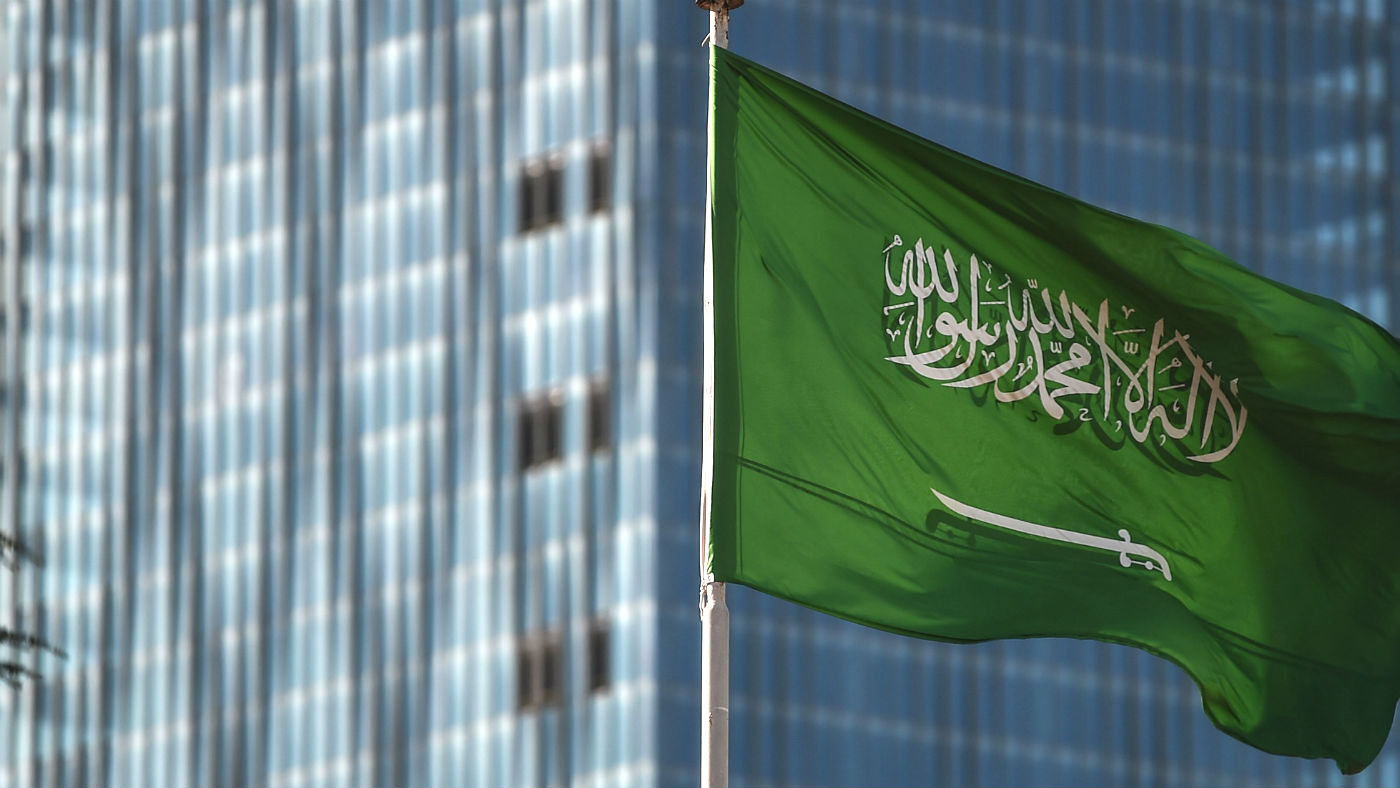The Week Unwrapped: Australia, Egypt and the British Virgin Islands
Are the BVIs as corrupt as their former governor claims? Is Egypt any closer to democracy? And will the sun set on Australia Day?

A free daily email with the biggest news stories of the day – and the best features from TheWeek.com
You are now subscribed
Your newsletter sign-up was successful
Olly Mann and The Week delve behind the headlines and debate what really matters from the past seven days.
To get six free issues of The Week magazine and a moleskine notebook visit theweek.co.uk/offer and enter promo code: pod25
In this week’s episode, we discuss:
The Week
Escape your echo chamber. Get the facts behind the news, plus analysis from multiple perspectives.

Sign up for The Week's Free Newsletters
From our morning news briefing to a weekly Good News Newsletter, get the best of The Week delivered directly to your inbox.
From our morning news briefing to a weekly Good News Newsletter, get the best of The Week delivered directly to your inbox.
Taxing times
Diplomats moving around the UK's overseas foreign territories rarely make headlines. But the outgoing governor of the British Virgin Islands this week left with a bang when he publicly denounced a “plague” of corruption among the island's ruling elite. With the EU threatening to blacklist the BVI as a tax haven, the UK has deployed a senior British judge to investigate the allegations. So is there trouble brewing in paradise?
Egypt’s wait
Ten years after mass protests in Cairo’s Tahrir Square forced Hosni Mubarak from office, sparking protests in several other Middle Eastern capitals, democracy still seems a distant hope for most in the region. Yet the setbacks, some of them serious, have not completely erased the sense of optimism that accompanied the original demonstrations - and many hope that freedom has only been delayed.
A free daily email with the biggest news stories of the day – and the best features from TheWeek.com
Invasion day
For some Australians, the country’s national holiday - Australia Day - is little more than an opportunity to go to the beach and have a barbecue with friends. But for the country’s indigenous community, the annual celebration, which marks the arrival of the British in 1788, represents brutal colonisation, including massacres, the removal of their children and dispossession of their land. Now a campaign to change the date of Australia Day, if not abolish it altogether, is gathering momentum.
You can subscribe to The Week Unwrapped on the Global Player, Apple podcasts, SoundCloud or wherever you get you get your podcasts.
-
 The ‘ravenous’ demand for Cornish minerals
The ‘ravenous’ demand for Cornish mineralsUnder the Radar Growing need for critical minerals to power tech has intensified ‘appetite’ for lithium, which could be a ‘huge boon’ for local economy
-
 Why are election experts taking Trump’s midterm threats seriously?
Why are election experts taking Trump’s midterm threats seriously?IN THE SPOTLIGHT As the president muses about polling place deployments and a centralized electoral system aimed at one-party control, lawmakers are taking this administration at its word
-
 ‘Restaurateurs have become millionaires’
‘Restaurateurs have become millionaires’Instant Opinion Opinion, comment and editorials of the day
-
 Mouse keeps tidying up man's shed
Mouse keeps tidying up man's shedTall Tales And other stories from the stranger side of life
-
 'Dead' woman nearly suffocated in morgue bag
'Dead' woman nearly suffocated in morgue bagTall Tales And other stories from the stranger side of life
-
 Joker causes shark panic in Torquay
Joker causes shark panic in Torquayfeature And other stories from the stranger side of life
-
 Australia to purchase up to 5 submarines from U.S. as part of defense pact, report says
Australia to purchase up to 5 submarines from U.S. as part of defense pact, report saysSpeed Read
-
 The Week Unwrapped: Korean succession, terror by algorithm and German disquiet
The Week Unwrapped: Korean succession, terror by algorithm and German disquietpodcast Could a 10-year-old girl rule North Korea? Will an Isis victim upend web law? And why is Germany upset with its Oscars contender?
-
 The Week Unwrapped: Chinese chips, the Pope in Africa and podcasting
The Week Unwrapped: Chinese chips, the Pope in Africa and podcastingpodcast Is China losing the microchip war? What is the Vatican doing in South Sudan? And has the podcast tide turned?
-
 The Week Unwrapped: Sex and health, the Earth’s core and another new year
The Week Unwrapped: Sex and health, the Earth’s core and another new yearpodcast Is the NHS failing British women? What’s going on at the centre of our planet? And what’s in a date?
-
 The Week Unwrapped: Antisocial Saudis, hormone therapy and retro tech
The Week Unwrapped: Antisocial Saudis, hormone therapy and retro techpodcast Why is Saudi Arabia investing in – and banning – social networks? Will new research make life easier for trans women? And is the future of technology dumb?